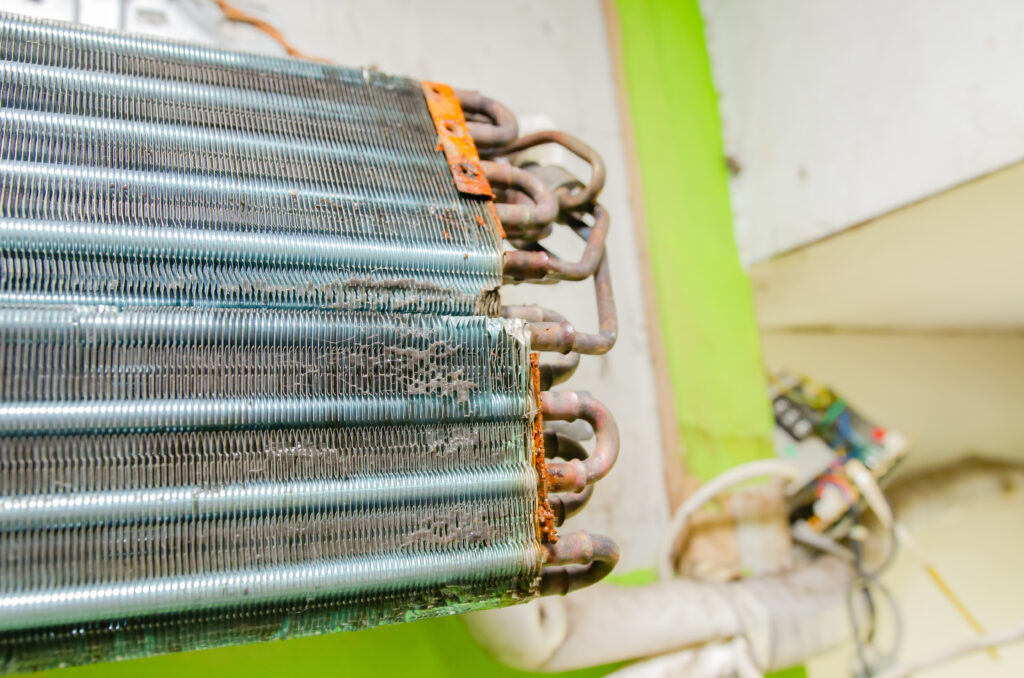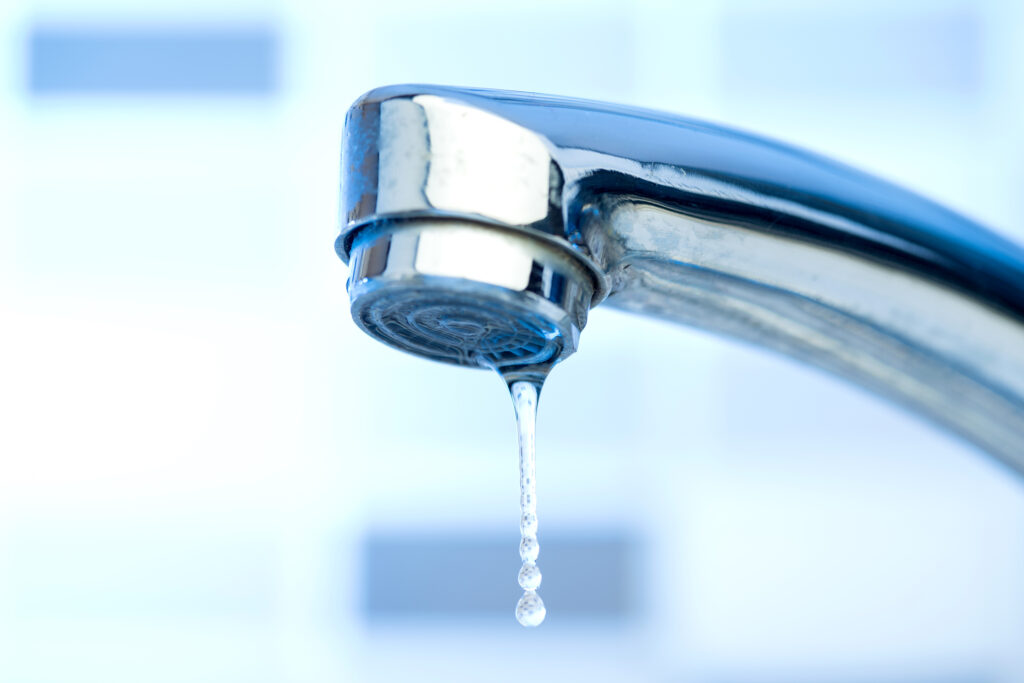
A heat pump can provide both heating and cooling to your home. If you’re looking for an innovative and energy-efficient way to manage your home temperature, installing a heat pump could be the perfect answer. Learn more about how heat pumps work and what you can expect when you add this form of heating and cooling to your home.
Low-Cost Heating
Heat pumps are a prime choice for Florida homeowners who want an affordable way to heat their homes in the mild winter months. A heat pump is the perfect solution when you need only a moderate amount of heat. This system can easily provide for all your needs.
A heat pump doesn’t generate heat as a furnace would. Rather, it transfers existing heat from one place to another. In heating mode, the heat pump draws heat from the outside air and pulls it in. This offers a very affordable way to warm your home in the cool weather months.
Supplemental Cooling
A heat pump can also cool your home. In cooling mode, the heat pump pulls heat from the air inside your home and vents it outside. In the heat of summer, you may need to pair your unit with another cooling system to maintain adequate comfort in your Floridian home. However, your unit can handle much of our milder spring and autumn weather on its own.
Operating a heat pump is more affordable than operating a central air conditioner, so this will help you cut back on your cooling bills. A combination of cooling systems will give you the most efficient performance and most effective comfort.
Extreme Energy Efficiency
Heat pumps use less electricity than central heating and air conditioning systems. These systems have two energy efficiency ratings:
- SEER (Seasonal Energy Efficiency Rating): A system’s SEER is its cooling output divided by its electricity input. SEERs typically fall between 13 and 21, with higher numbers indicating better energy efficiency. This lets you know how efficient your heat pump is when it’s cooling the home.
- HSPF (Heating Seasonal Performance Factor): The HSPF refers to your system’s efficiency in heating mode. This number explains the system’s heating output compared to the electricity usage. The higher the number, the greater the system’s performance. The minimum HSPF for a heat pump is 8.2, but many systems perform even better.
Compared to a central air conditioner or furnace, you’ll find that heat pumps are typically more efficient. Though you may invest more in the initial installation, this system can deliver energy savings throughout its lifespan in the form of lower utility bills every month.
If you’d like to learn more about how heat pumps work and explore the systems that we have available, contact Del-Air today. Our manufacturer-certified technicians are on hand to help you evaluate your home’s needs and find the perfect installation to maintain optimum comfort.






